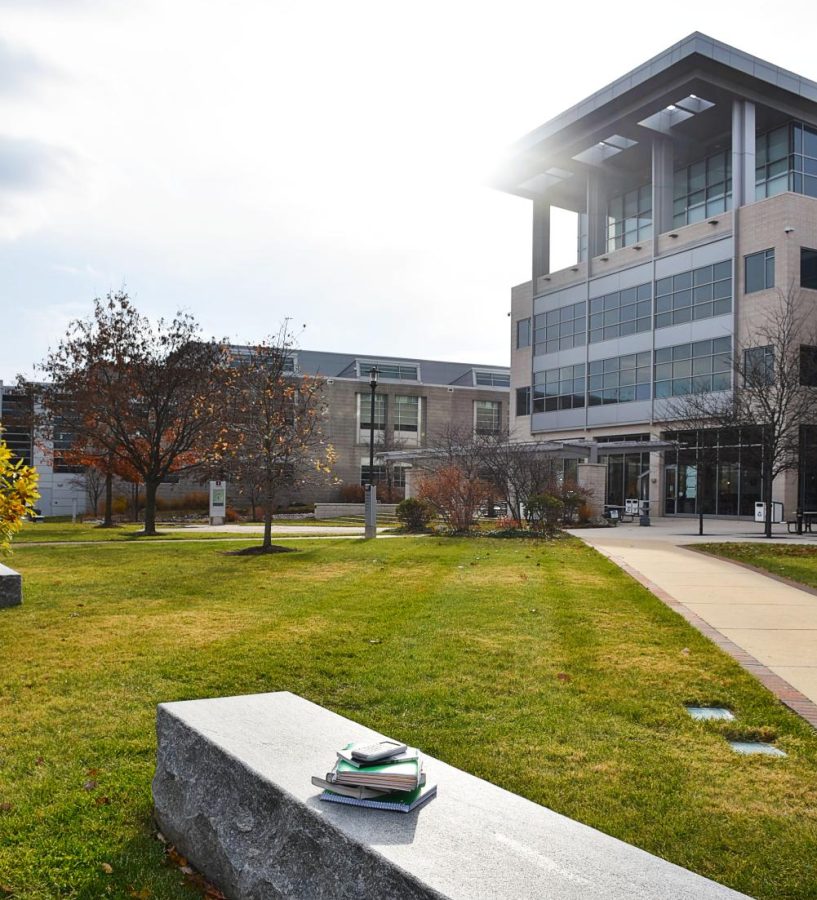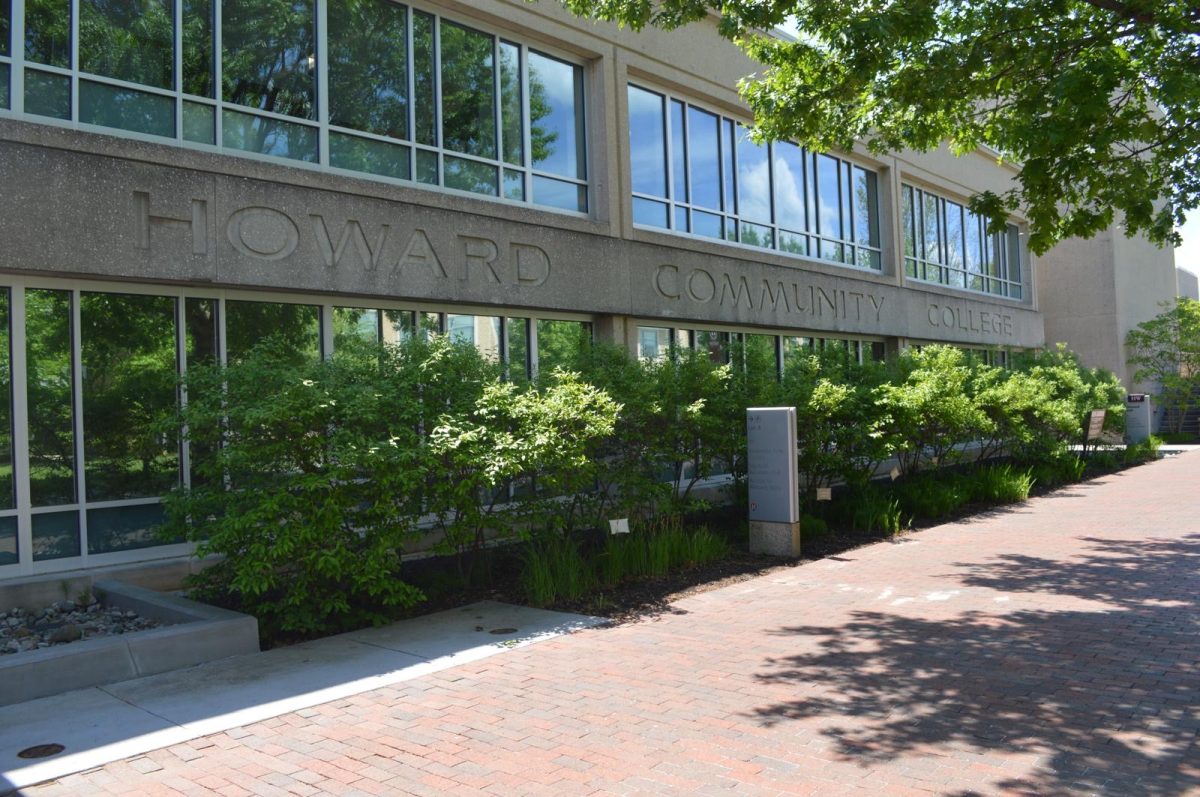An Insight on What to Expect From Your Winter Courses
Some HCC students utilize the winter semester to take accelerated courses that help them further pursue their goal of graduating.
December 15, 2021
As the fall semester comes to a close, HCC students are wrapping up with final exams.
From Dec. 19 to Jan. 29, many students will be on winter break, while others will start their winter semester on Jan. 3.
Because the winter semester falls over the break, not as many students take courses during this time as they do in the fall and the spring.
However, students elect to take winter courses for a variety of reasons. Some students may need to earn credits to graduate in the spring, while others find that one of their required classes is offered only during the winter.
Meanwhile, some students want to lessen their workload during the spring semester, so they take a class in the winter instead of waiting to take it during spring.
The winter semester differs from the fall and spring semesters because winter courses move more quickly. There is limited time to complete the course, so assignments come in larger quantities.
Additionally, not every course offered during the fall and spring semesters is available during the winter semester. Students should therefore check their Student Planning portal to ensure the courses they plan to take are offered during the shortened semester.
Another factor that can influence whether or not a student takes a winter class is the winter season itself.
The winter brings dark skies earlier in the day and reduces exposure to the sun, which can negatively affect students’ mood and performance, potentially causing them to struggle with their winter courses.
While they seem strenuous, three HCC students explain that winter courses may not be as difficult as you think.
Firemariam Debele, a third-year nursing major, has taken two winter courses at HCC. She stresses that even though the courses seem challenging, they are manageable under the right priorities.
“You definitely have to look into the course but also know your habits and learning style. It is really fast and professors give out a bunch of assignments,” explained Debele. “I procrastinate all the time … [so] I took easier courses.”
Debele also described how her professors made the courses more manageable by providing resources to help students succeed.
“I had a professor who would make a Kahoot for us to make it fun,” Debele recalled. “Another professor created a phone number on Remind. After class, we were able to talk to him, and he would let us know any cancellations from the weather, or we could ask any questions we had on assignments. That way, I had the one-on-one ability to talk to my professor about questions I had.”
Meredith Gillette is a second-year business administration major at HCC. Like Debele, Gillette has also taken two winter courses at HCC. Gillette finds them more manageable because of a routine she created.
“I took an accounting class last winter,” Gillette said. “I eventually got into a rhythm where I would work for three to four hours in the morning, get food, and then go back for a few more hours … it all worked out for me.”
Gillette added that success during winter courses stems from particular skills that help keep up with the pace and the workload.
“I am an organized person and I have a very organized workspace,” stated Gillette. “I can usually manage my time pretty well especially if I don’t have other things going on.”

Ethan Pollock is a second-year business management major at HCC. He has taken one winter course at HCC and plans to take another this upcoming winter semester. He discussed the challenging nature of the accelerated pace the winter semester brings.
“It was definitely more challenging due to the increased pace in comparison to a normal course. However, after a couple of assignments, I was able to adjust to the increased workload given the limited amount of weeks in the semester,” Pollock said.
Though Pollock struggled during the beginning of the course, he explained what skills contributed to him finding the most success.
“A combination of time management and integrity was crucial in excelling in a winter semester course. Even if the assignments weren’t due for a couple of days, it was always helpful to use any extra time to get ahead as you never know what might happen to impact your future availability,” Pollock said.
Before signing up for a winter course, students should make sure they can keep up with the course’s accelerated pace. Debele suggests students take courses where the material isn’t as heavy and won’t be as stressful to learn in a limited amount of time.
“Students should look into what classes they are taking over break. I don’t recommend taking math classes like calculus in the winter semester … or if you do, take one that is easily attainable,” Debele suggested.
Winter courses differ from fall and spring courses because of their rapid pace, frequent due dates and condensed time frame. Before the winter semester, students should make sure they have enough time for their course and create a schedule for working on assignments. Success with winter courses is attainable when students set the right priorities.
“Yes, winter classes can be a little overwhelming, but I approached it with the mentality of sacrificing roughly three weeks in order to create more time during the three-month-long semesters,” Pollock said. “Winter courses helped alleviate that stress.”









